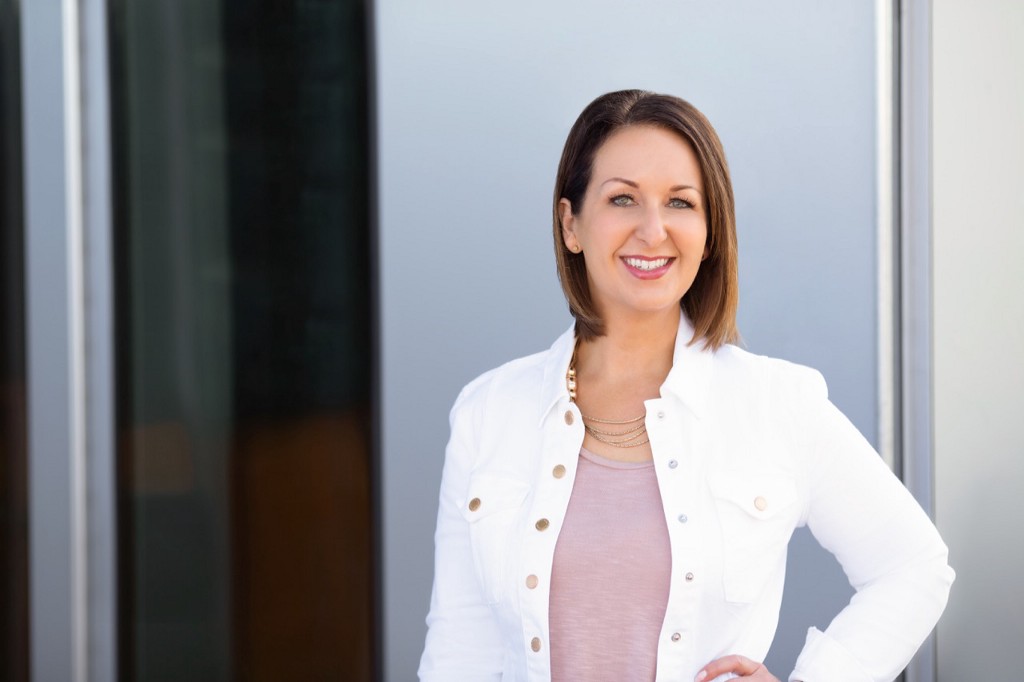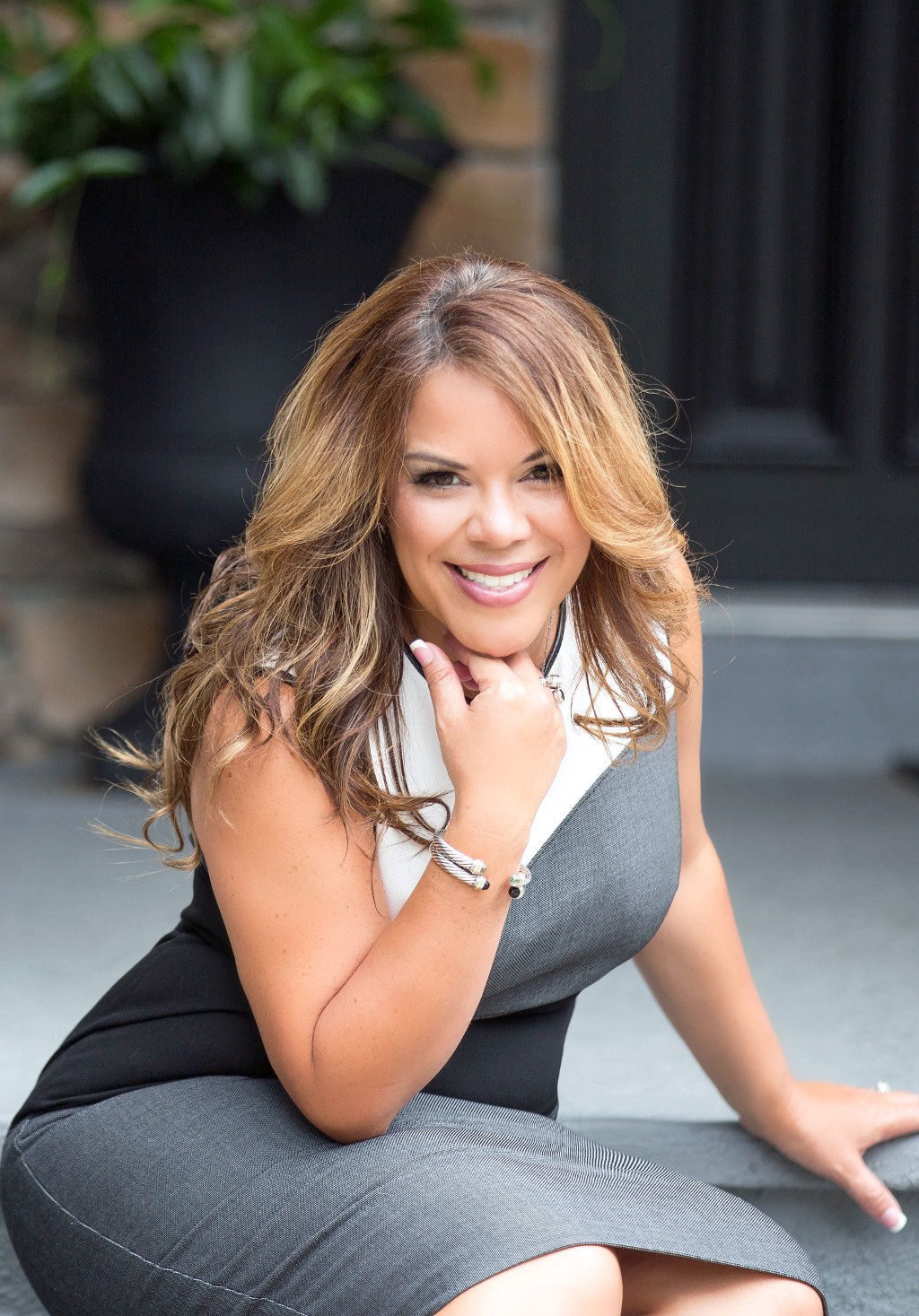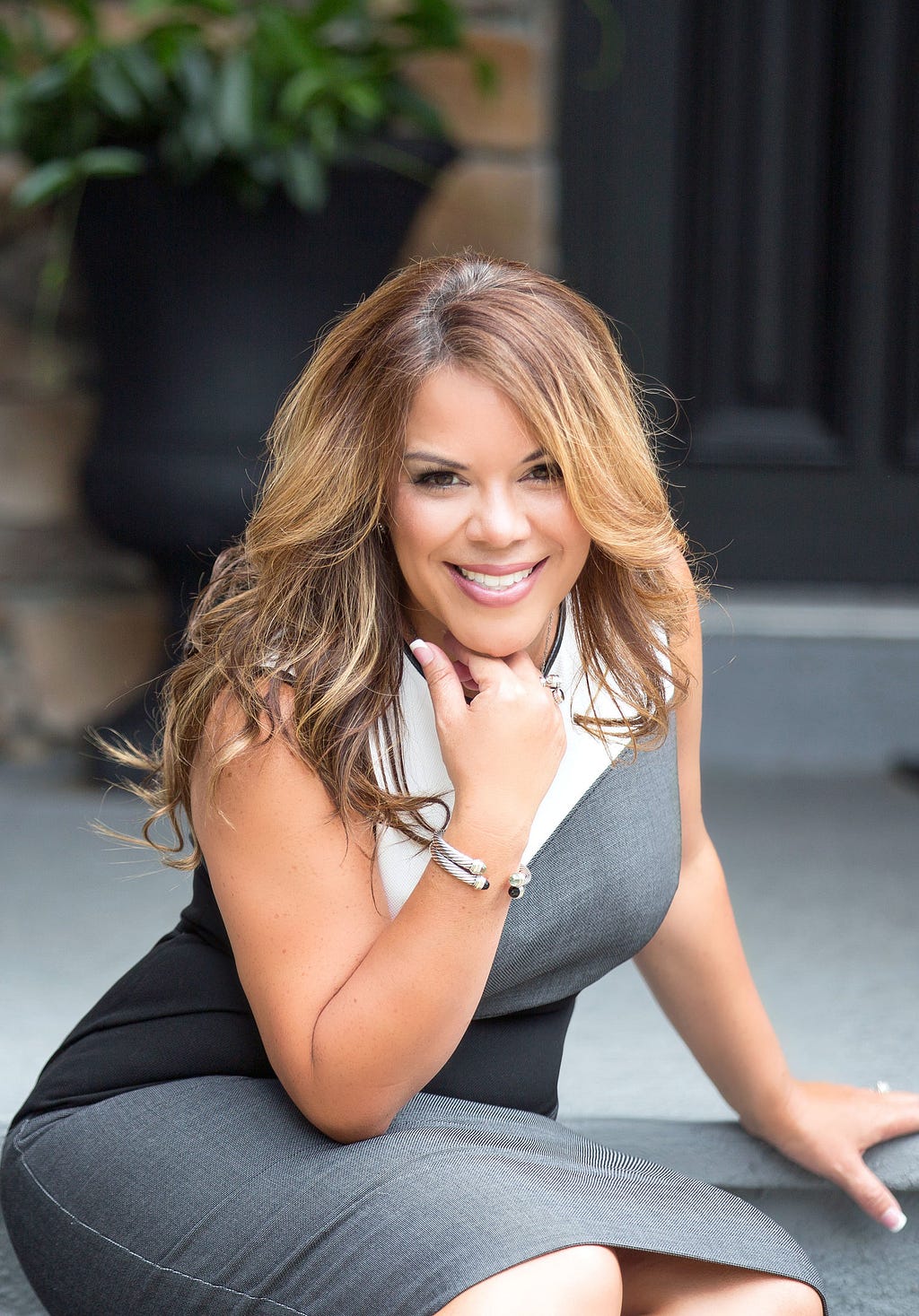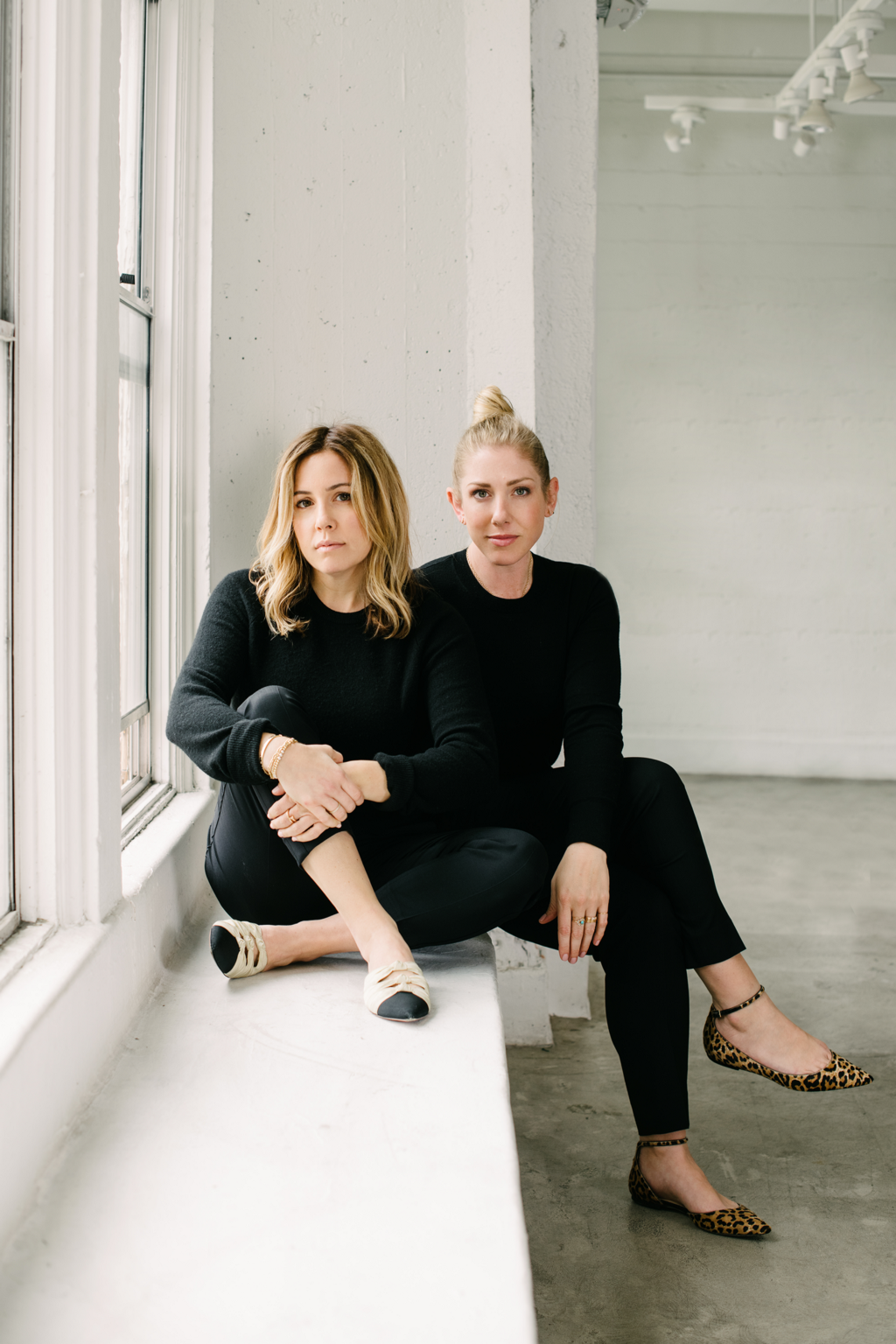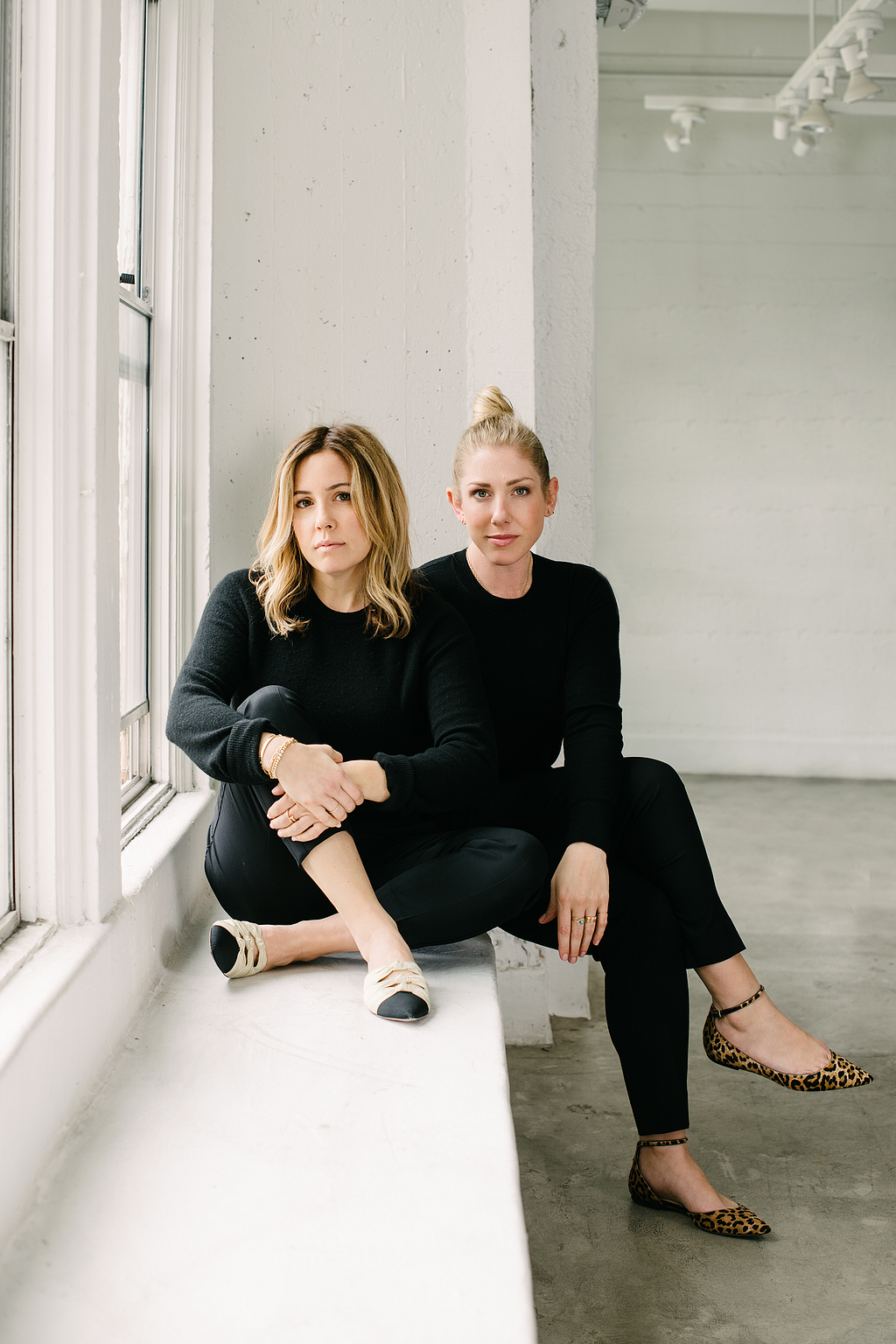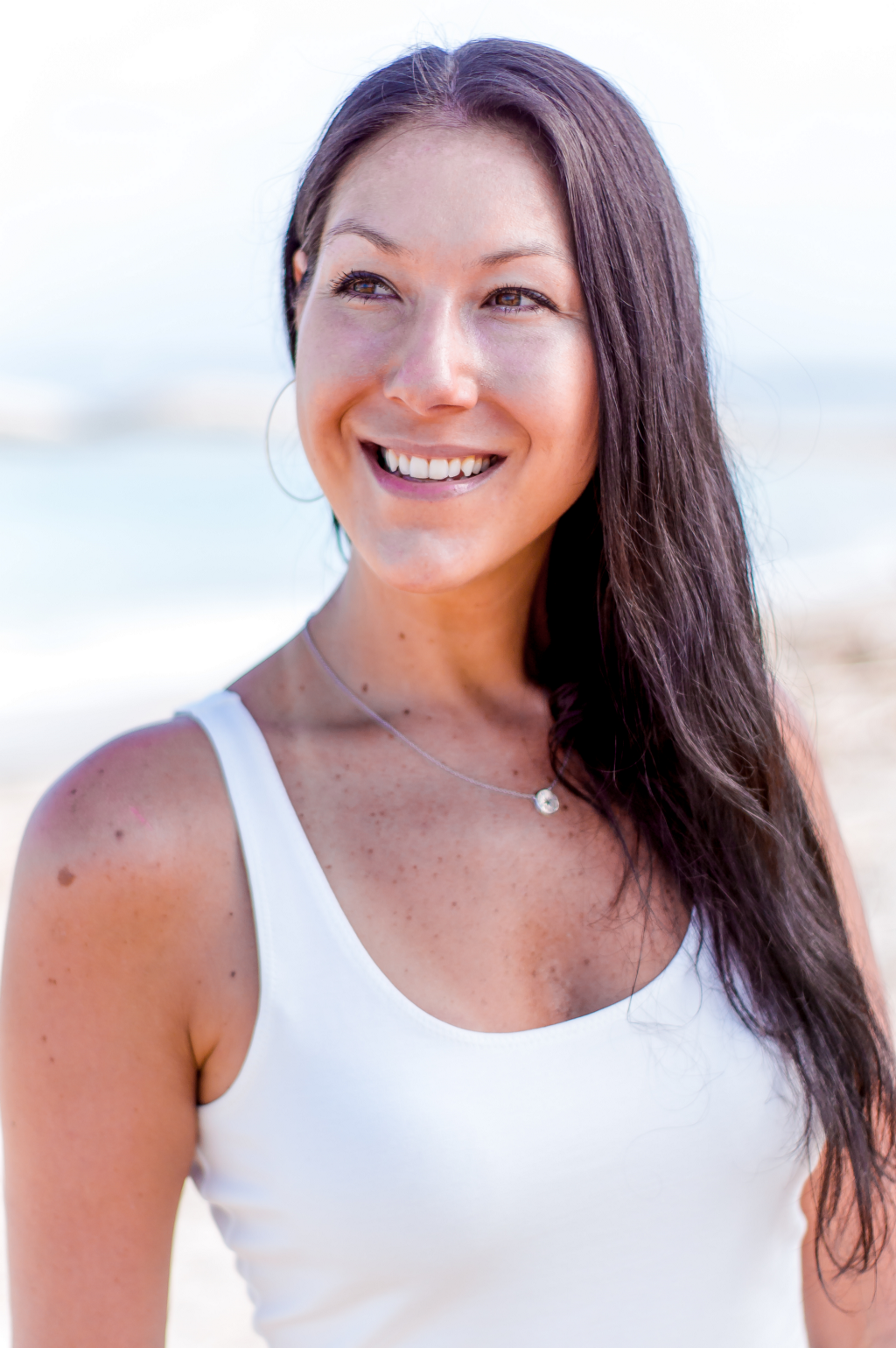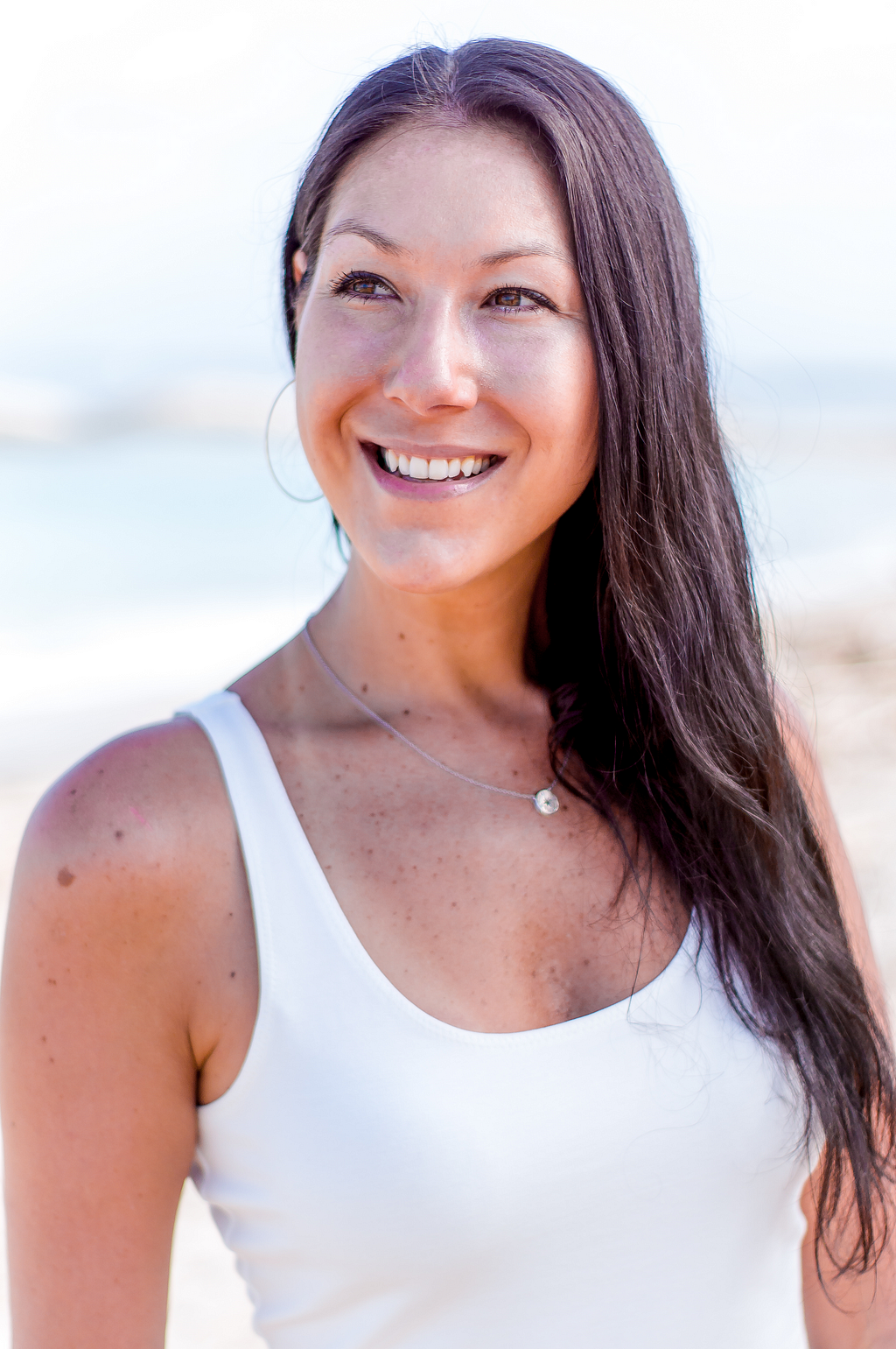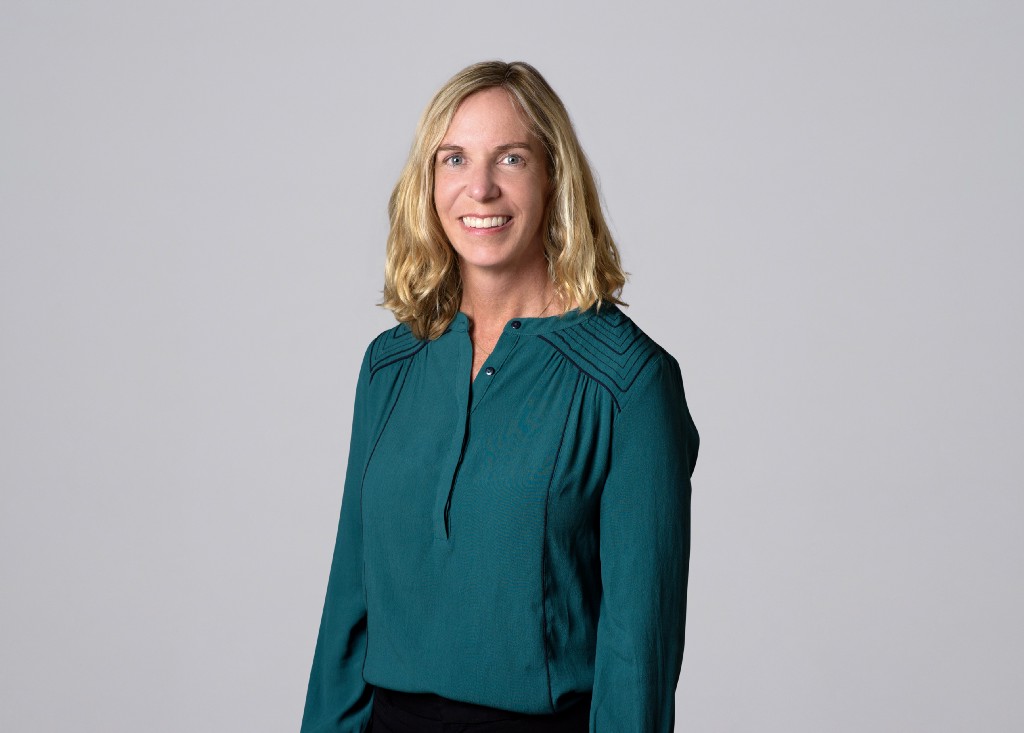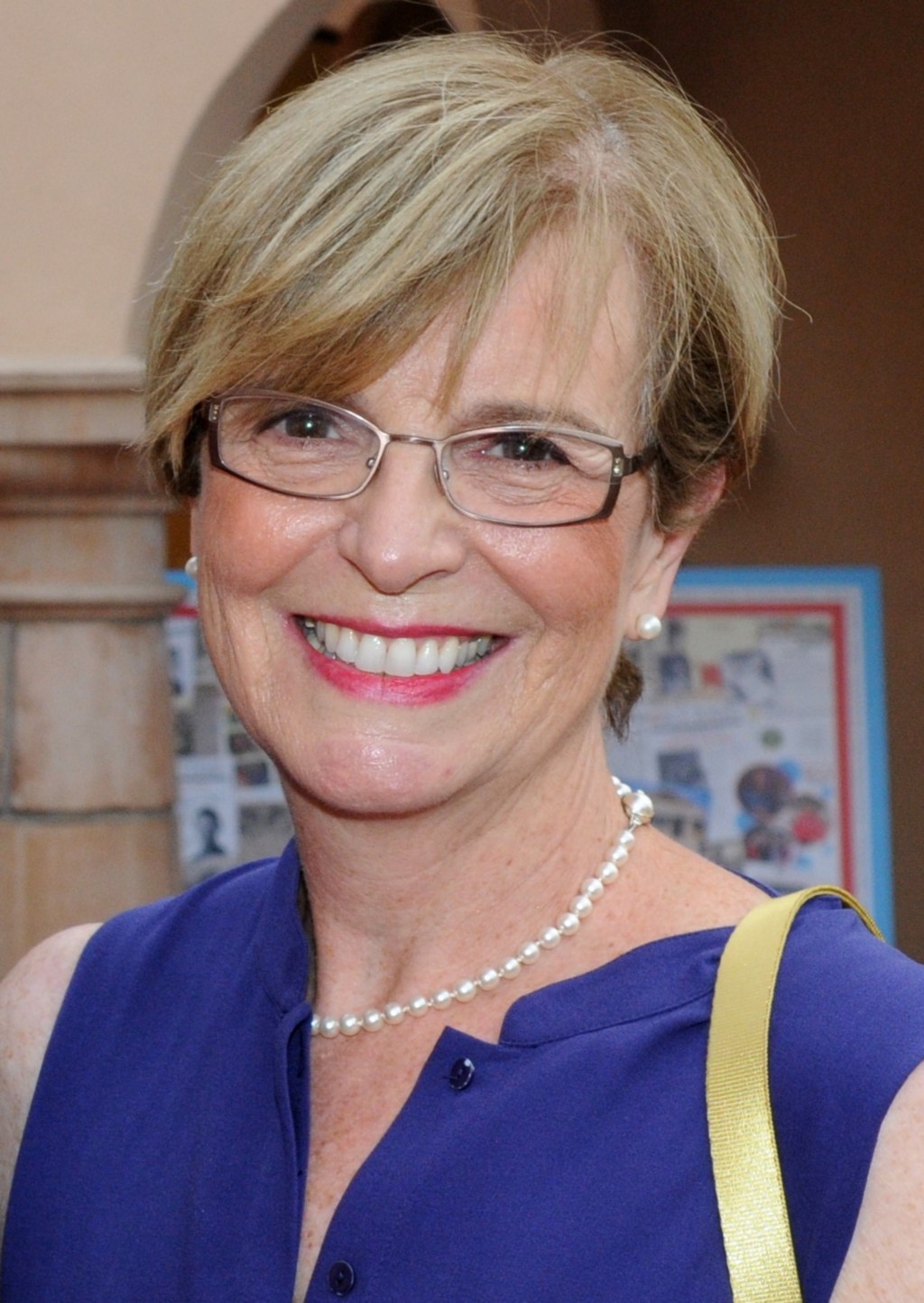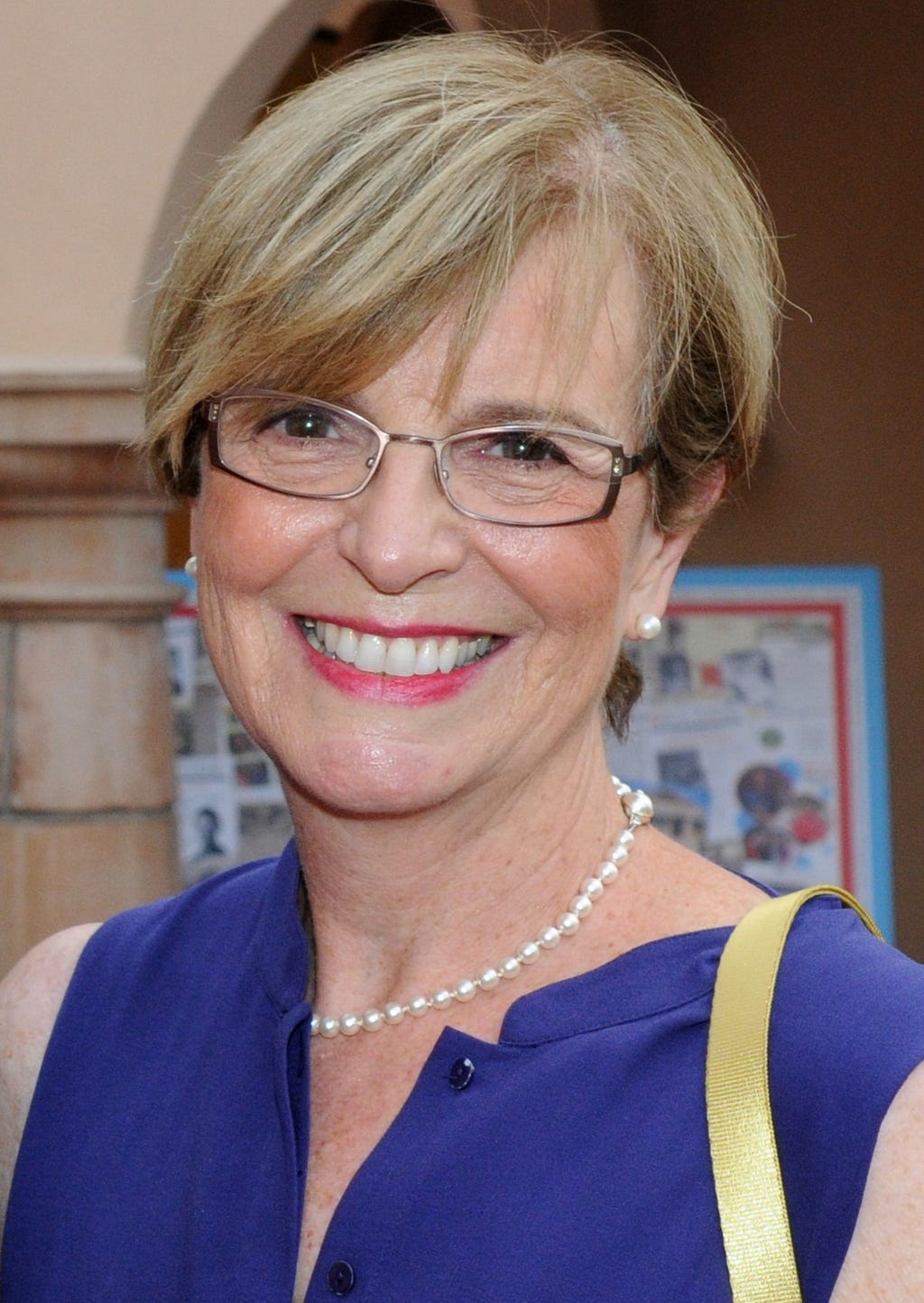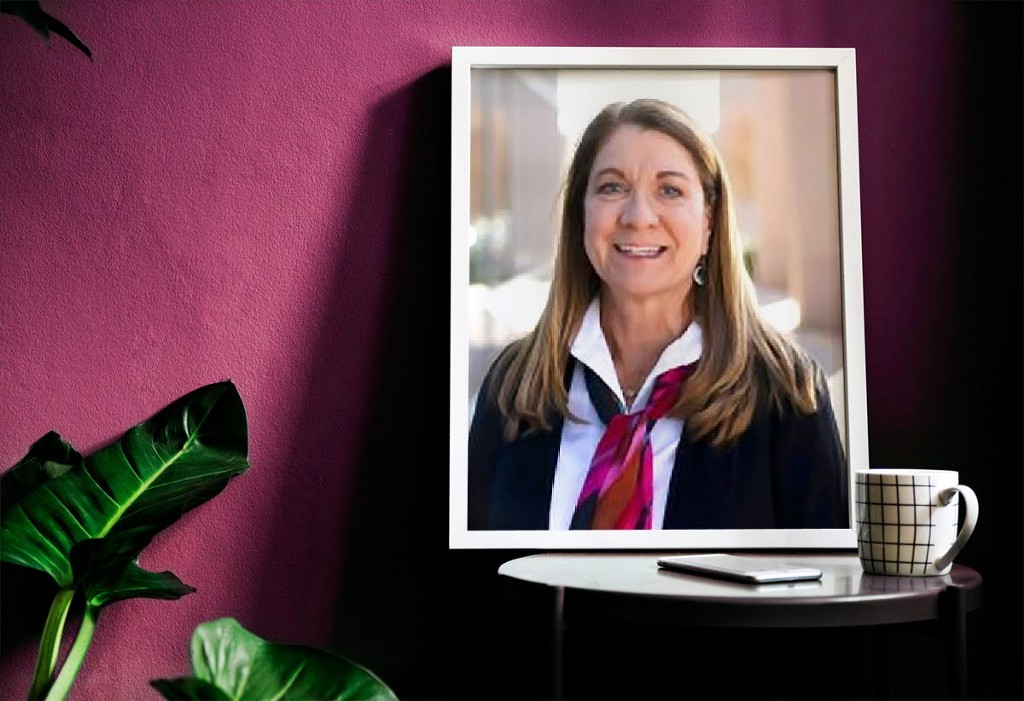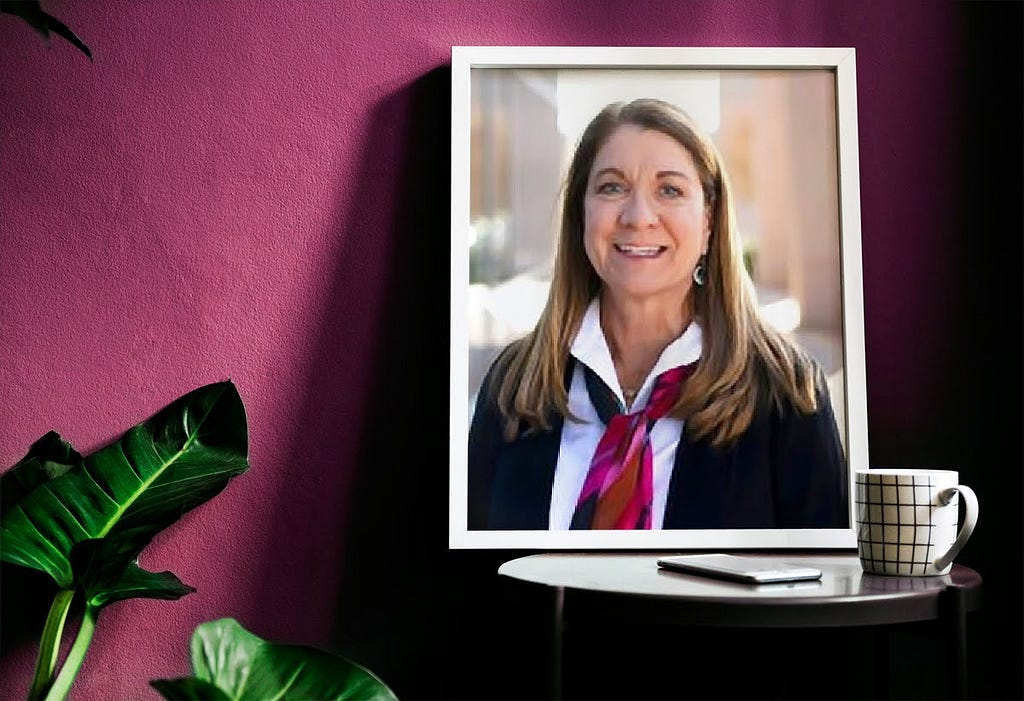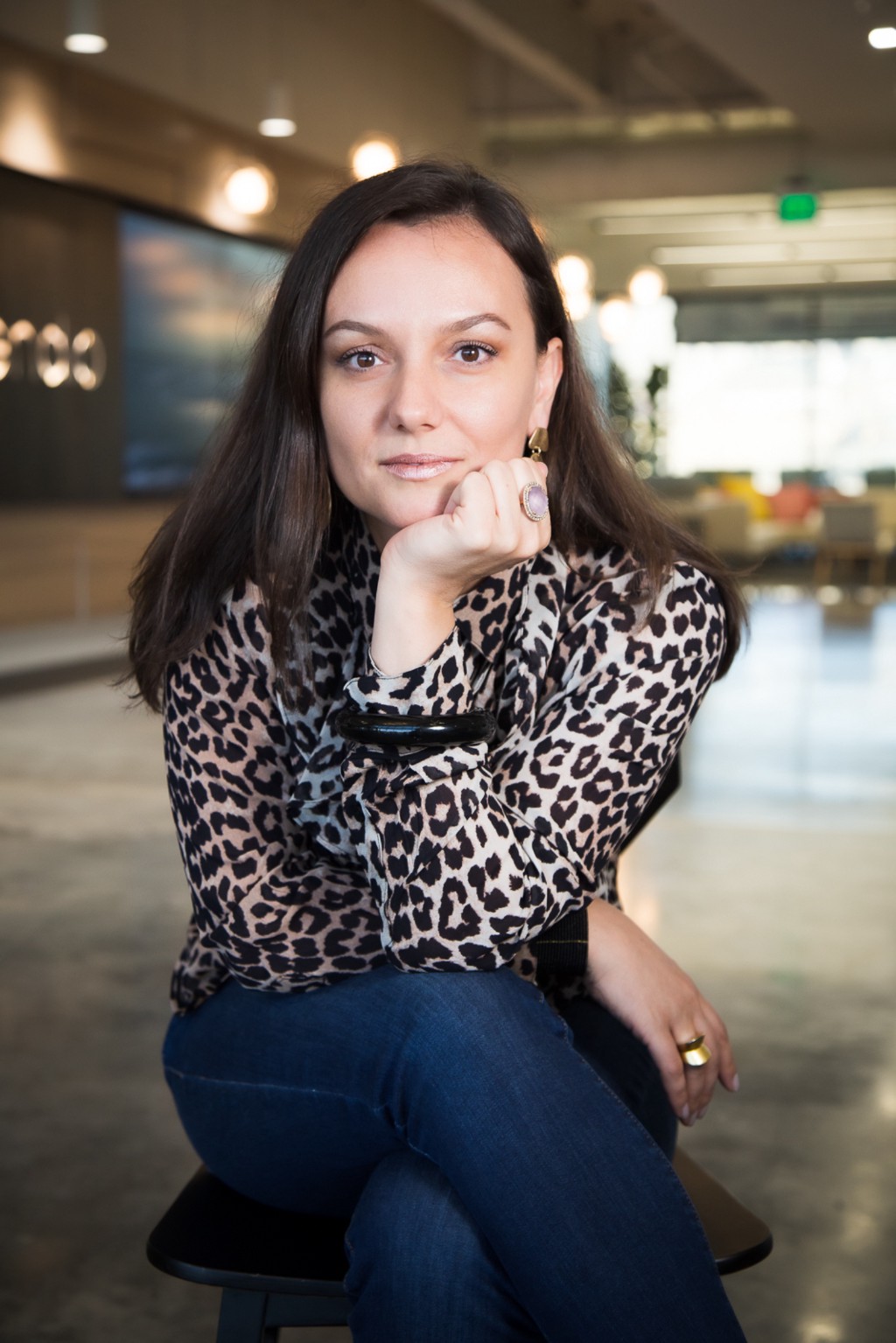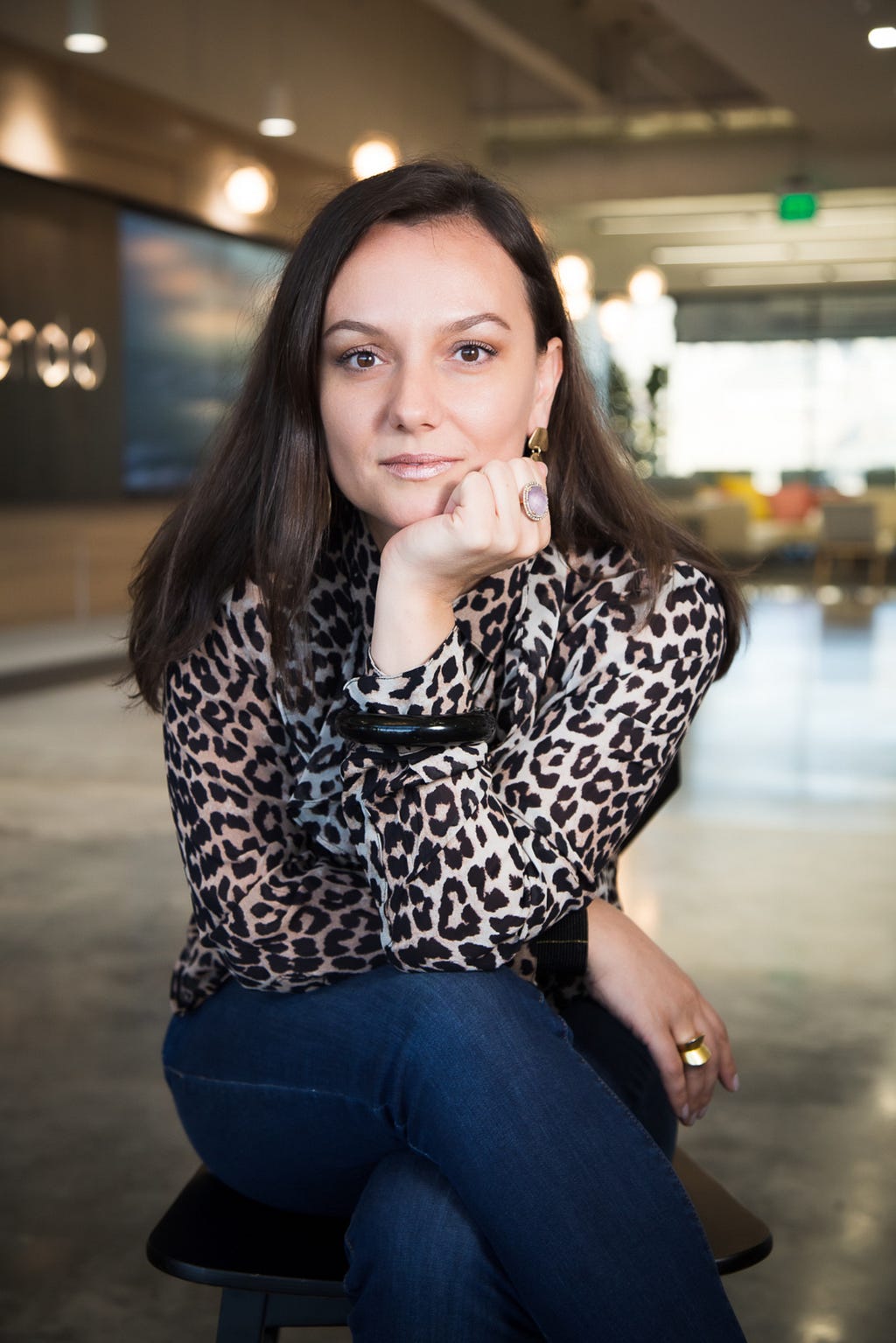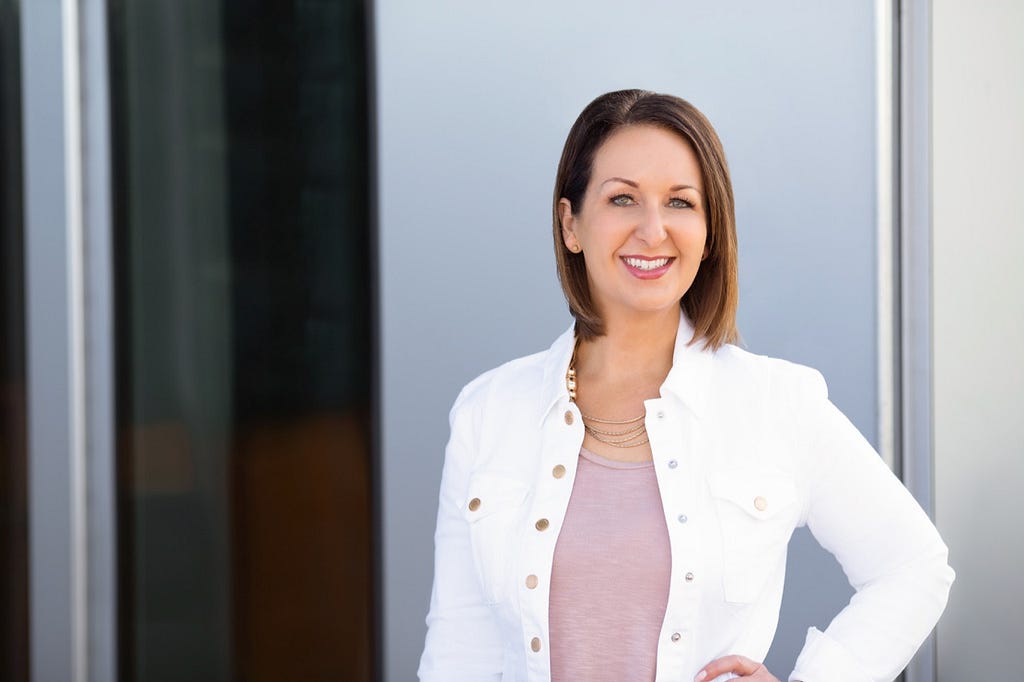
If every CEO believed that, they’d treat their business like a business, instead of like a job. That would result in more focus, more growth, more job creation, more customers being served, and better lives being lived all around. That’s the movement I want to inspire.
As a part of our series about women who are shaking things up in their industry, I had the pleasure of interviewing Karie Kaufmann. Since 2005, Karie has helped over 1,000 business owners and executives take their business to the next level. She helps business leaders work through the roadblocks and growing pains of rapid growth, enabling sustainable growth and profitability that exceeds their industry average. Karie is certified in both ActionCOACH and Scaling Up frameworks, and is consistently recognized by industry and peer groups as a leader in the business coaching community.
Thank you so much for doing this with us! Can you tell us a story about what brought you to this specific career path?
I grew up in a family business and started working for my dad at age 14. After college I wanted to move on from the family business, so I got my MBA and spent the next several years in corporate marketing.
One day, a colleague casually walked into my office and said, “I met someone who does something that I think you’d be good at…” and he introduced me to a business coach. That was in 2004, and I had never even heard of business coaching. Yet, when I met his friend it resonated with me immediately. I wanted to help people like my dad.
By 2005 I jumped into this business, and bringing it full circle, my dad became a (paying!) client in 2009. Now, 15 years in, I’ve coached over 1,000 businesses and trained even more through facilitation and keynote speaking.
Can you tell our readers what it is about the work you’re doing that’s disruptive?
There are thousands of business coaches out there, most of which offer online or group programs, whereas my approach is to go deep with a handful of organizations. While I don’t know that my model of coaching and strategic planning is disruptive per se (after all, I utilize tested & proven frameworks), my clients would undoubtedly say that I massively disrupt their businesses.
I tell (or rather, warn) my clients when we begin that they should expect to be out of their comfort zone, and likely even annoyed with me at times. I won’t even take on a client if I don’t think they, or our relationship, are up to that.
The reason why is that CEOs think they know what their organization needs — and they’re often wrong, or just out of sequence. Because they tend to be big-picture thinkers, the problem they see is often a few steps beyond their actual constraint. So, the first thing that gets disrupted is the leader.
That might mean shifting their identity from a C.E.O. (Chief of Everything Officer) to a C.E.O. (Chief Energy Officer) or getting them to do things they’ve been avoiding. Things like dealing with that person who is a high performer but is toxic, mastering their financial dashboards, or clarifying goals, expectations and performance metrics to get the team aligned.
Right now, in the face of COVID-19, I’m helping some clients to re-think their business model entirely. And while most businesses are retracting or trying to “hide and wait” for things to turn around, my clients are getting more creative than ever.
Helping them to be successful, and even continue to grow, in the most unstable market we’ve ever known is quite complex. And I think the single biggest indicator of their success is the leader’s willingness to be disrupted.
We all need a little help along the journey — who have been some of your mentors? Can you share a story about how they made an impact?
One is definitely my dad. Lots of parents tell their kids that they can be anything they want to be, but I’ll never forget when I was a teenager and I told my dad I wanted to be a therapist. He said, “Yeeeaaah… I don’t think that’s a good idea.”
He’s always been my biggest cheerleader, so honestly, I was a little shocked. The thing was, he knew my love for people and desire to help, and knew that I’d have a tendency to take on other people’s problems in an unhealthy way. He knew me well enough to know that wasn’t the right avenue.
The business coaching industry didn’t even exist at that time, but as soon as I started to take my career in this direction, he was the first person to tell me I was made for it. This is my lane.
Another one of my key mentors was my first business coach, Andrew Johnston. See, I had a lot of business experience and education, but I was still pretty young when I started my current business. At industry conferences I was one of only a handful of women, and even fewer in my age group. Thankfully now the industry is becoming more diverse, but at the time, I had a lot of head trash around my age, or other perceived limitations.
Andrew really helped me to build up my skillset, and I started getting really great results with clients, but I still lacked confidence. He’d constantly encourage me that I genuinely was good at this. That I had a gift. That I was making an impact. Eventually I started to believe it, and my business took off.
Can you share 3 of the best words of advice you’ve gotten along your journey? Please give a story or example for each.
I used to worry a lot about the future — always second-guessing if I was making the right decision or speculating how things would turn out. Two key pieces of advice have really helped me to grow in this area and significantly quieted my “worry wart” tendencies.
The first is a Proverb from the Bible that my mother frequently quotes that says, “Don’t borrow worries from tomorrow.” It helps me to live in the present and only focus on what I can control, rather than hypothesizing about what might happen in the future.
The second was something my husband, Scott, said to me years ago. At a time that I was frustrated that he wasn’t showing as much (unnecessary) concern about a situation as I was. He said, “The way I see it, we’ve always been ok, so I think this will be ok too. And even if it goes wrong, we’ll still be ok.”
I realized he was right. After all, this wasn’t a life or death issue on the table. If you zoom out, most of our troubles are temporary, and he has really helped me to keep things in perspective.
The third piece of advice came from a former boss, Brian Buffini. He said to be grateful for your natural gifts, but not prideful. After all, a gift is something you’ve been given — not something you made on your own. God has given each of us unique talents, and it’s up to us to make the most of those gifts and share them with others.
How are you going to shake things up next?
I’m doing a lot more virtual conferences and workshops these days, and the shake-up is to make it an event that I’d actually want to attend.
That’s saying a lot for me, because I was never fan of virtual events — either as a speaker or an attendee. I found it difficult to stay engaged while staring at my screen, and it lacked the impact of live events. Zoom fatigue is real, and I am prone to distraction!
Due to COVID-19, I’ve had to figure out how to make virtual presentations and strategic planning sessions every bit as impactful as a live event. My goal is for attendees to feel as engaged as if we were in the same room, and leave with practical tips that they can implement right away. It’s been a learning curve, but I’ve been getting great feedback on it lately.
As my current coach, Peter Boolkah, always says, “where there’s poop, there’s fertilizer.” I’m thankful that I got disrupted, and I’m better off for it.
Do you have a book/podcast/talk that’s had a deep impact on your thinking? Can you share a story with us?
I could talk books and podcasts all day, but I’d have to say the most influential thing for me has been Jim Rohn’s audio programs. His books are great too, but there’s nothing like hearing Jim’s voice sharing simple stories with such profound wisdom.
One of my favorite Jim Rohn quotes is, “Life is not just the passing of time. Life is the collection of experiences and their intensity.” That saying inspired one of our family core values: “We collect experiences.”
My husband and I are intentional to live by that, creating memories with our family whether we’re at home for months on end, or out on adventures. I’ll never regret collecting an experience, even if it only served as a lesson of what not to do.
You are a person of great influence. If you could inspire a movement that would bring the most amount of good to the most amount of people, what would that be? You never know what your idea can trigger. 🙂
One thing I fight to get through to my clients is that being busy is not a badge of honor. It’s a sign of misguided priorities. Stop glorifying busy as if it’s the way your life has to be.
I’m not saying entrepreneurs don’t work hard and put in long hours, but sadly, I think a lot of high performers don’t know any other way. Their identity is wrapped up in their business to the point where they measure their value by hours spent, or in how many people rely on them to solve their problems.
Being in business should give you more life, not suck the life out of you.
If every CEO believed that, they’d treat their business like a business, instead of like a job. That would result in more focus, more growth, more job creation, more customers being served, and better lives being lived all around. That’s the movement I want to inspire.
Can you please give us your favorite “Life Lesson Quote”? Can you share how that was relevant to you in your life?
“I must be willing to give up what I am in order to become what I will be.” — Albert Einstein
I love this quote because it reminds me that I need to leave some things behind if I want to keep growing. We grow into our goals, so the habits, skills or behaviors that I once strived for might now be holding me back. I have to graduate from my old way of being in order to get to the next level, and embrace the discomfort of doing so.
How can our readers follow you online?
On my website (www.kariekaufmann.com) you can sign-up for my Coaching Tips newsletter, where I send out short & sweet business advice and information about upcoming events — both live and virtual. You can also find links to all my social profiles there. I’m very active on YouTube, LinkedIn, Facebook and Instagram.
This was very inspiring. Thank you so much for joining us!
Female Disruptors: How Karie Kaufmann Is Shaking Up The Way CEOs Think was originally published in Authority Magazine on Medium, where people are continuing the conversation by highlighting and responding to this story.


